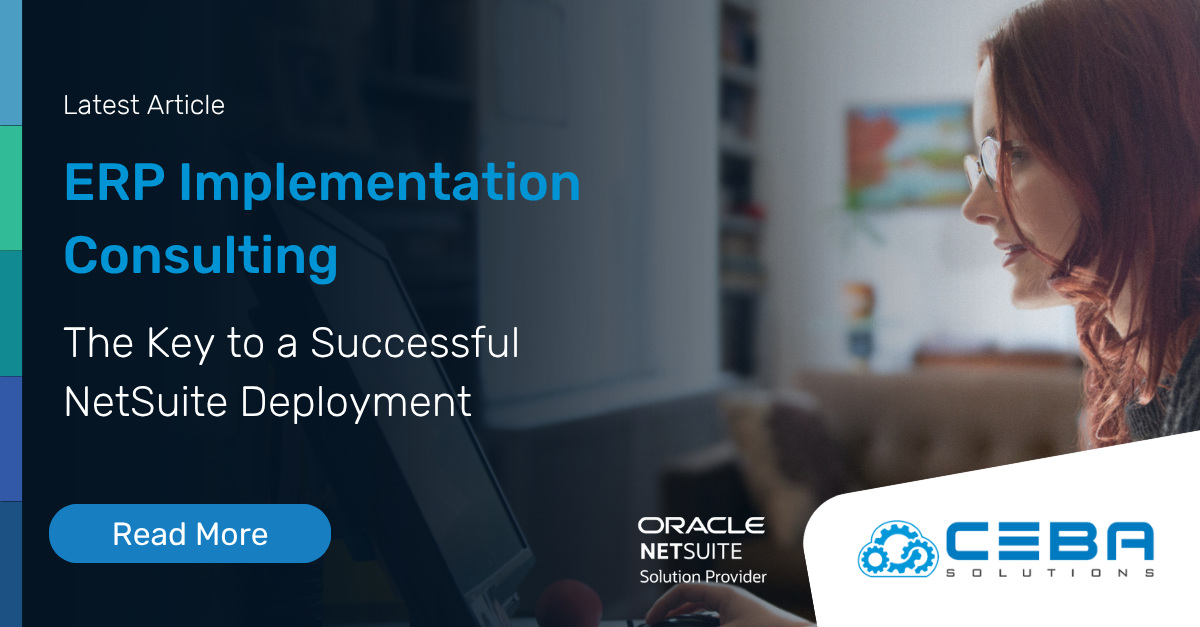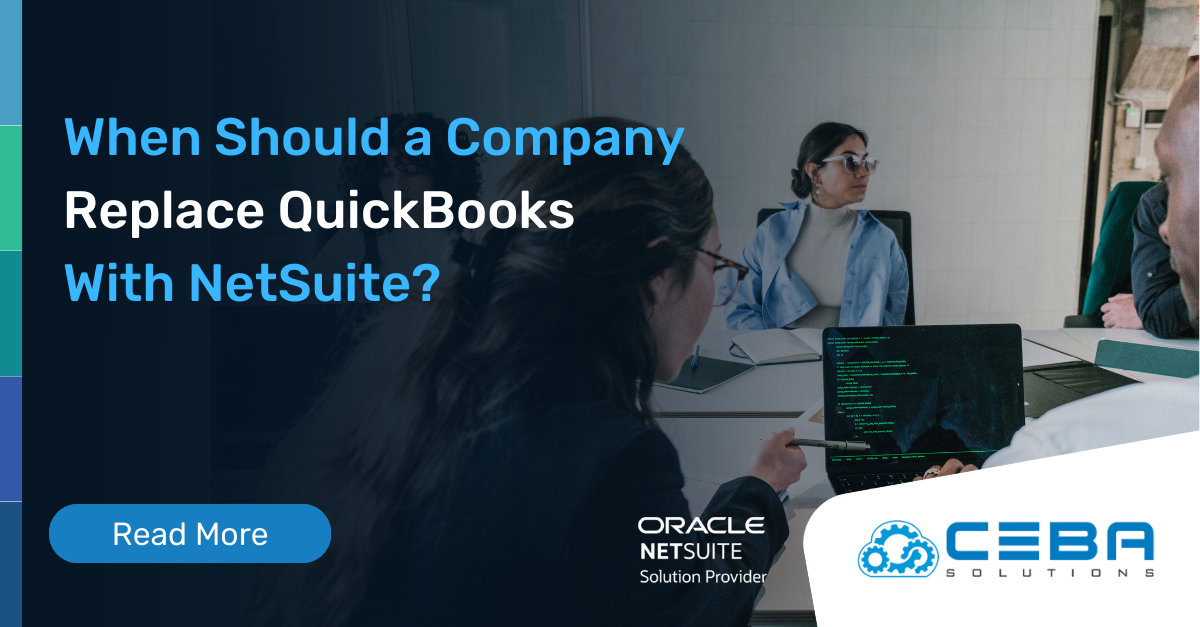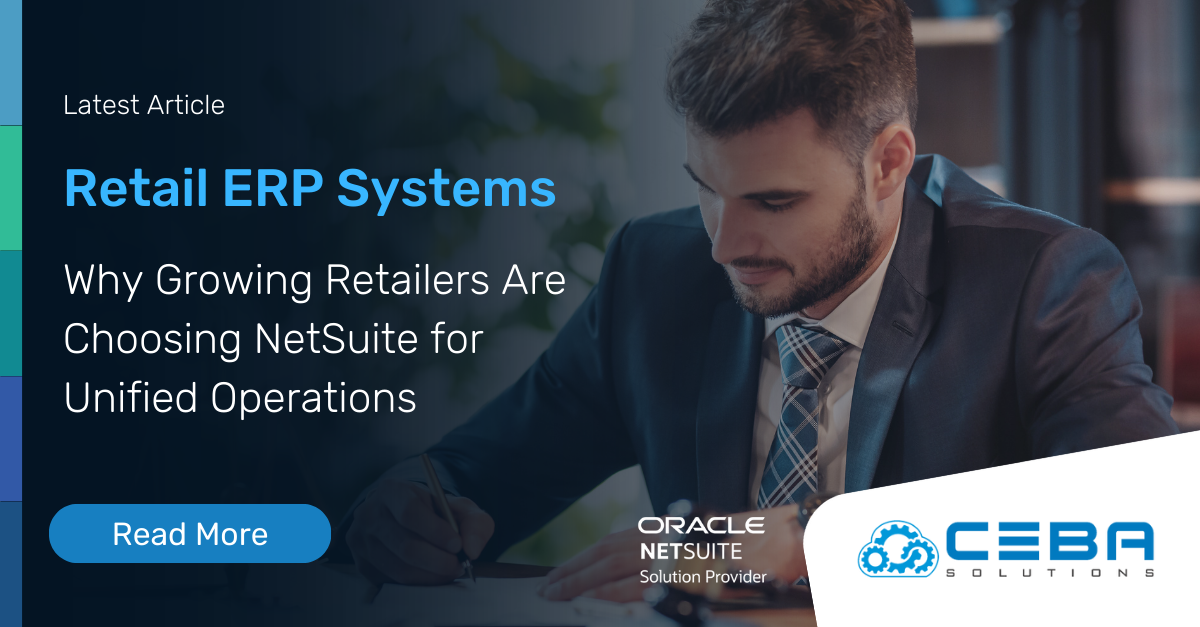
Why Food and Beverage ERP Needs to Be Built Differently
Why Food and Beverage ERP Needs to Be Built Differently
The food and beverage industry is subject to stringent regulations, complex supply chains, and perishable inventory, which collectively create unique challenges that require specialized ERP functionalities to address effectively.
Regulatory Compliance and Food Safety Requirements
With stringent regulations and complex food industry supply chains, ensuring product safety and avoiding costly penalties becomes a formidable challenge. Food and beverage ERP systems play a pivotal role in addressing these challenges effectively, providing specialized functionalities that streamline compliance processes and facilitate swift product recalls in the event of potential safety issues.
Keeping the FDA at Bay
Adherence to FDA, USDA, and other relevant regulations is crucial for food and beverage companies to ensure product safety and avoid costly penalties. ERP systems must support compliance processes, such as lot tracking, traceability, and allergen management, to facilitate swift product recalls and minimize the impact of potential safety issues.
Tracing Every Ingredients Origins and Movements
Comprehensive lot tracking and traceability functionalities enable food and beverage companies to trace the origin and movement of raw materials, ingredients, and finished products throughout the supply chain, ensuring visibility and control over potential contamination or quality issues.
Reduce Risks of Allergen Contamination
Allergen management and labeling compliance are critical aspects of food safety, requiring ERP systems to manage allergen information, generate accurate labels, and prevent cross-contamination during production and packaging processes.
Minimizing Perishable Waste
Effective management of perishable inventory is essential for minimizing waste, optimizing costs, and ensuring product freshness. ERP systems must provide robust shelf life tracking and expiration date management capabilities to help food and beverage companies monitor and control their perishable stock.
Managing Inventory Location Variables
Temperature-controlled storage and distribution are critical for maintaining the quality and safety of perishable products. ERP systems should integrate with temperature monitoring systems and provide real-time alerts for any deviations, ensuring that products remain within acceptable temperature ranges throughout the supply chain.
Ensuring FEFO Inventory Picking
First-expiry, first-out (FEFO) inventory rotation is a key principle in perishable inventory management, ensuring that products with the earliest expiration dates are sold or used first. ERP systems must support FEFO picking and allocation strategies to optimize inventory turnover and minimize waste.
Managing Complex Supply Chains
Multi-component Production
Food and beverage supply chains involve the handling of various raw materials, ingredients, and packaging components, each with their own sourcing, quality, and inventory management requirements. ERP systems must provide end-to-end visibility and control over these diverse supply chain elements to ensure optimal performance and cost efficiency.
Contract Manufacturing Arrangements
Many food and beverage companies rely on co-packers, contract manufacturers, and third-party logistics providers to outsource portions of their production and distribution processes. ERP systems must facilitate seamless collaboration and data exchange with these external partners to maintain supply chain transparency and efficiency.
Visibility of Internal and External Supply Chain Impediments
End-to-end supply chain visibility is crucial for food and beverage companies to identify bottlenecks, anticipate disruptions, and make informed decisions. ERP systems should provide real-time insights into inventory levels, production status, and delivery performance, enabling proactive supply chain management and continuous improvement.
"Food and beverage ERP systems are essential for ensuring regulatory compliance, streamlining supply chain operations, and managing perishable inventory effectively, addressing the unique challenges faced by the industry." - Zabe Siddique, CEO - CEBA Solutions
Key Features Food and Beverage ERP Systems Must Offer
To effectively serve the distinct needs of the food and beverage industry, Enterprise Resource Planning (ERP) systems must be equipped with a range of specialized features tailored to the unique challenges and requirements of this sector.
Quality Control and Assurance: Ensuring Product Safety and Compliance
In the food and beverage manufacturing realm, robust quality control and assurance features are paramount to ensure product safety, consistency, and compliance with regulatory standards. ERP systems must facilitate inspections and testing processes, enabling manufacturers to verify that raw materials and finished products meet stringent quality criteria. Furthermore, these systems should support the creation, storage, and retrieval of Certificates of Analysis (COAs), linking them to specific lots or batches for traceability and compliance purposes. Automated COA generation not only reduces the risk of errors but also streamlines processes, enhancing operational efficiency.
Non-conformance and corrective action management tools are also essential components of a comprehensive quality control and assurance suite. These features empower manufacturers to track quality issues, document non-conformances, and implement corrective actions, fostering a culture of continuous improvement and mitigating risks associated with quality lapses.
Recipe Management and Product Development: Ensuring Consistency and Innovation
Recipe management is a core functionality that food and beverage ERP systems must offer, as it is crucial for creating, storing, and managing product formulas and recipes effectively. These systems should support recipe versioning, allowing manufacturers to track changes and revert to previous versions if necessary, ensuring consistent product quality and minimizing the risk of costly errors.
Batch scaling and yield optimization capabilities are also essential, as they enable efficient production planning by scaling recipes based on available ingredients and desired output volumes. This not only minimizes waste but also optimizes batch sizes, contributing to profitability and resource efficiency.
Compliance with nutritional standards is another critical aspect of the food and beverage industry. ERP systems should be equipped to calculate nutritional values, generate ingredient statements, and create compliant product labels based on recipe data, ensuring transparency and adherence to regulatory requirements.
Catch Weight and Variable Unit Measures: Accommodating Product Variability
Many food and beverage products, such as meats, cheeses, and produce, vary in weight or size, necessitating specialized ERP functionalities to manage these variations effectively. Catch weight management tools are essential, as they enable ERP systems to handle products with variable weights or sizes, seamlessly integrating this data into inventory and sales processes.
Accurate costing and pricing tools are also crucial, as they ensure profitability and competitiveness by calculating costs and prices based on actual weight or units. Furthermore, integration with weighing scales and labeling systems is vital, as it ensures accurate weight data capture, label generation, and real-time inventory updates, streamlining operations and minimizing errors.
Final Thoughts
The unique challenges and requirements of the food and beverage industry necessitate ERP systems that are purpose-built to address these specific needs. From regulatory compliance and food safety to perishable inventory management and complex supply chain integration, food and beverage ERP systems must provide a range of specialized functionalities to support operational excellence and drive business success.
When selecting a food and beverage ERP system, companies should carefully consider factors such as industry expertise, implementation methodology, and long-term support capabilities to ensure a successful deployment and ongoing value realization. By partnering with the right ERP vendor and implementing a system that is tailored to the unique needs of the food and beverage industry, companies can achieve significant improvements in efficiency, quality, and profitability, while also positioning themselves for sustainable growth and success in an increasingly competitive marketplace.









